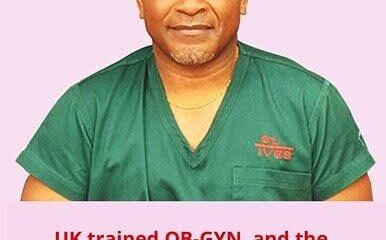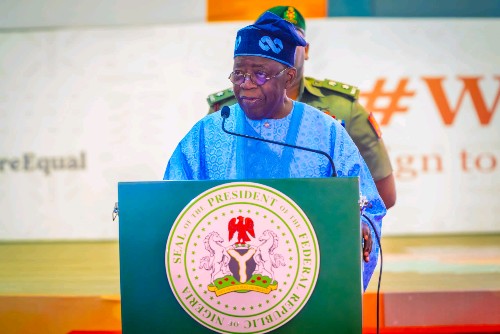Nigeria’s President, Asiwaju Bola Ahmed Tinubu, says he is committed to ensuring that no Nigerian child is excluded from quality education.
The president made this promise on Monday, while launching a campaign to promote inclusive education, skills development, and gender equity.
Tagged #WeAreEqual, the campaign is an initiative of the Organisation of African First Ladies for Development (OAFLAD).
It has been launched in 15 African countries in different nomenclatures, and focuses on health, education, economic empowerment, and gender-based violence.
The Nigerian component of the programme is themed: ‘Education as a Powerful Tool for Change’. It is championed by Remi Tinubu, the first lady.
“We must continue to create opportunities for all our children to access quality education without leaving anyone behind, particularly the girl child,” Tinubu said.
“I reaffirm my commitment to ensuring that no Nigerian child is excluded from quality education that prepares women and girls to lead and bring positive changes to our communities.
“Let us carry forward this campaign, which promises to gift an educated girl-child the potential to bring the necessary change and transform African communities for the better.”
The president also harped on inclusion and equal opportunities for women.
“We must engender a society where everyone has the same opportunities, regardless of who they are, because doing that leads to a stronger and more peaceful society for all,” he said.
Tinubu urged the first ladies to ensure that collaboration is at the forefront of the initiatives they take to protect girls.
“Research has consistently highlighted education as the cornerstone for national development. When girls are empowered to pursue their dreams, communities thrive, economies prosper, and nations succeed,” he added.
“It is, therefore, incumbent on all of us to continue to take bold and decisive actions to eliminate the structural inequalities that hold women back on the continent.
“We must be conscious of the fact that the empowerment of women and girls is essential to achieving each of the United Nations’ Sustainable Development Goals.
“We must work together to promote laws and policies that protect and promote women’s rights, invest in girls’ education and skills development, and create economic opportunities that are accessible to all.
“For us in Nigeria, the full operationalization of the Student’s Loan (Access to Higher Education) Act is key to achieving these goals as it will ensure that all young people have unhindered access to education.
“The Nigerian government, through the Federal Ministry of Industry, Trade and Investment, is also implementing a N50,000 non-repayable grant programme for one million Nigerians in Nano businesses and skilled trades, including women and youth.”

 BIG STORY9 hours ago
BIG STORY9 hours ago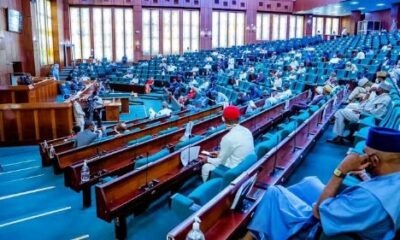
 BIG STORY4 days ago
BIG STORY4 days ago
 BIG STORY3 days ago
BIG STORY3 days ago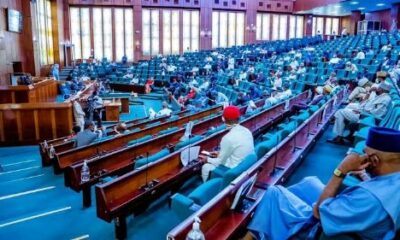
 BIG STORY4 days ago
BIG STORY4 days ago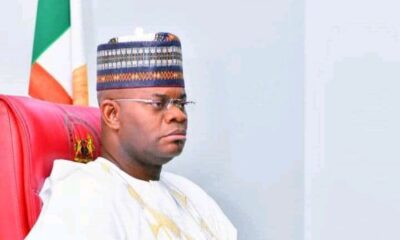
 BIG STORY3 days ago
BIG STORY3 days ago
 BIG STORY14 hours ago
BIG STORY14 hours ago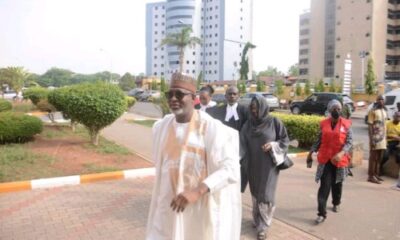
 BIG STORY5 days ago
BIG STORY5 days ago
 BIG STORY1 day ago
BIG STORY1 day ago














